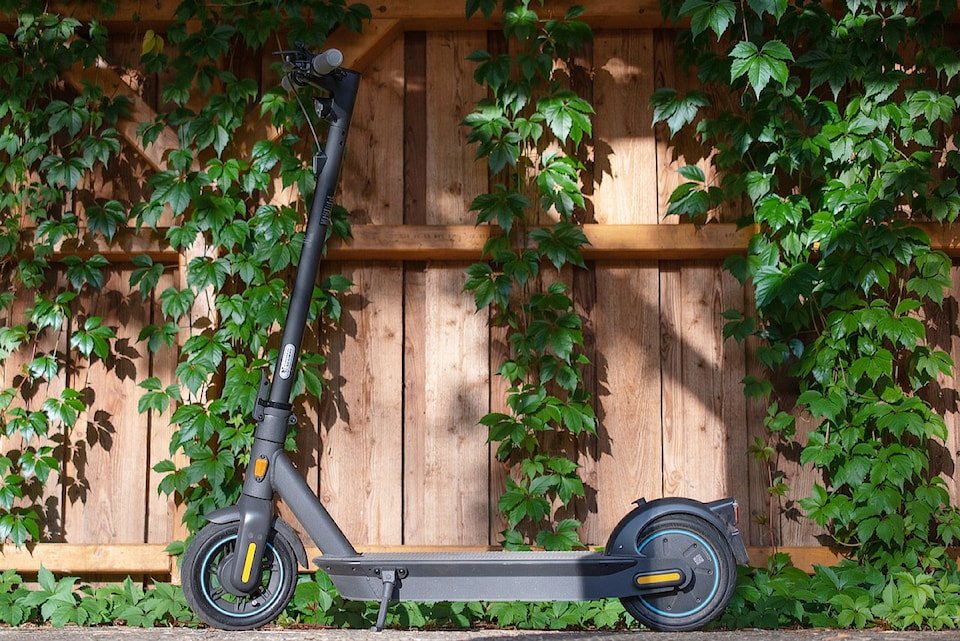Salmon Arm may soon see electric kick scooters on its streets, but a shared rental program might not follow. On August 5, the city’s development planning and services committee will review a proposal to join B.C.’s electric scooter pilot project. If approved, the program would begin on September 30, 2025.
This move comes after city council voted on June 9 to join the provincial pilot. The pilot project, started in 2021 and extended in 2024, allows participating cities to test the use and safety of electric scooters. In areas not part of the program, riding e-scooters on roads remains illegal.
A city staff report dated August 11 explains that joining the program would legalize e-scooter use for riders aged 16 and older under B.C.’s Motor Vehicle Act.
While council can approve the pilot now, staff suggest delaying the decision until the new Traffic Safety Committee (TSC) meets on November 13. This committee, made up of the mayor and council members, is expected to discuss important traffic-related policies.
One key issue is whether to create or revise bylaws around scooter use. This could involve amending existing traffic bylaws or creating a new one focused on small-wheeled vehicles like e-scooters. These rules would set guidelines on where scooters can operate, their speed limits, and whether younger riders can use them on sidewalks or multi-use paths.
Under current provincial law, people under 16 cannot ride e-scooters on public roads. However, it’s still unclear if that restriction includes sidewalks or other non-road areas.
The city’s interest in the pilot project began in January 2024, when Councillor Debbie Cannon introduced a motion. She pushed for Salmon Arm to join the pilot and also asked for a local e-scooter share program—similar to Vernon’s setup—where people can rent scooters by the minute or hour.
City staff looked into that idea, but early findings showed the city’s small population might be a problem. According to the August 11 report, no other city the size of Salmon Arm offers a city-backed e-scooter share service. The only exception is Cranbrook, which plans a pilot project with a private operator in the summer of 2025.
This doesn’t completely rule out the idea. Staff explained that if Salmon Arm joins the pilot, local businesses could still launch their own e-scooter rental services without direct city involvement.
For now, the focus is on whether to move forward with the pilot itself and how to manage the related rules. Staff stress that input from the TSC will be helpful in shaping the city’s next steps.
If Salmon Arm chooses to join the pilot before the November committee meeting, a bylaw review will still be needed later to manage safety and operation standards. This includes deciding where scooters can go, how fast they can travel, and whether sidewalks are allowed when no bike lanes or paths exist.
Despite questions about shared scooters, allowing private ownership under the pilot project could offer residents new transportation choices. It could also promote eco-friendly travel options in the city.
The final decision on the pilot program is expected soon, either during the August 5 committee meeting or after the TSC’s review in November. If approved, e-scooters could legally appear on Salmon Arm’s streets starting in late September.

